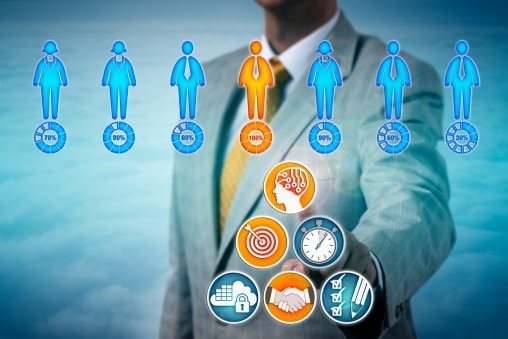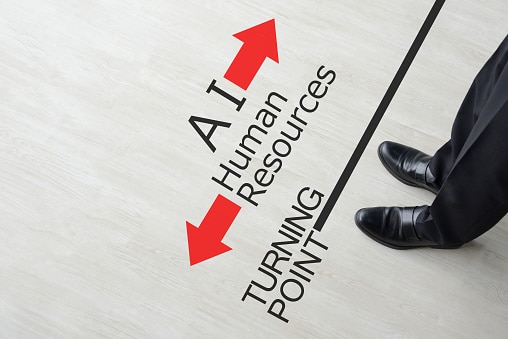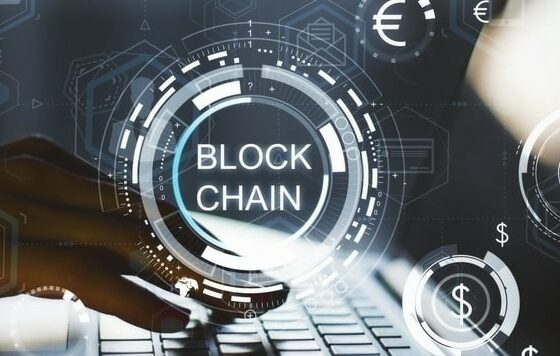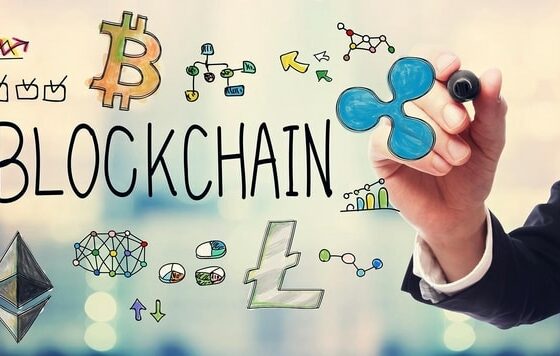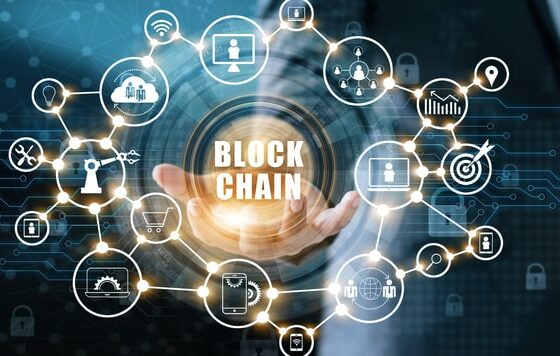State of AI in HR
Artificial intelligence is pushing humans and machines closer together. It’s exciting! AI’s influences are being felt across the HR space… being used to automate business processes, enhance efficiency, and reduce bias among other things. In fact, McKinsey’s latest forecast of AI’s impact on the global economy is that it will generate $13 trillion in economic activity across the globe by 2030.
But, there is room for improvement, and top executives want it yesterday. A recent survey from PricewaterhouseCooper found 72% of executives believe AI will offer sizable business advantages in the near future. In another survey from IBM, 66% of CEOs believe AI can drive significant value in HR. Some are already exploring those opportunities. Uber, for instance, completed the world’s first cargo shipment using a truck controlled by AI!
AI as a Tool
The inclusion of artificial intelligence in the HR professional’s toolbox is not surprising. When looking for answers, look no further than the iPhone, for instance, or the black, cylindrical Echo tower sitting on the counter. Whether it’s Apple’s Siri or Amazon’s Echo, people are using artificial intelligence at home in their day-to-day lives. It makes sense, then, that AI has made it into the workplace.
ON DEMAND WEBINAR:
Artificial Intelligence and Machine Learning: How Technology is Revolutionizing HR Practices at Flex
In most professional settings, AI is not required to do mundane tasks like answer questions about the weather or turn on the lights. Instead, AI is asked to do much more.
Reducing Human Bias
Humans are inherently biased. Even when striving for inclusiveness, HR professionals may subconsciously lean toward a particular candidate… for instance, someone who is more like the recruiter. Another potential bias, language bias; people’s subconscious word associations could indicate a particular preference.
Now, thanks to AI, algorithms can be designed to help employers identify and remove these biases. That potentially translates to better hiring communications and attracting a more diverse group of candidates. Those same algorithms can also find candidates who may have been screened out due to human bias. To put it in context, AI allows managers to go beyond gut feelings and rely on data-driving assessments.
AI Automation
AI is being used in HR to automate repetitive, low-value tasks thus increasing the focus on more strategic work. AI tools automate common HR tasks like benefits management or handling common questions or requests.
Recruiting through AI
Custom experiences are expected by applicants. These are tailored to unique needs as they apply for a new job, choose the right benefits or explore development opportunities.
RELATED:
Are Chatbots HR Ready?
Companies have implemented “AI recruiters” to automate scheduling interviews, provide ongoing feedback to candidates and answer their questions in real time. This allows human recruiters to spend more time converting candidates to hires.
Retention
Some companies are using AI platforms to single out employees that may be heading for the exit door. Those platforms track employee computer activity, emails, keystrokes, internet browsing and so on and store it. Then AI analyzes the data to determine a baseline of normal activity patterns in the organization. Based on that knowledge, outliers are flagged and reported to the employer. AI is also being used to detect changes in the overall tone of employees’ communications to predict when employees might be thinking of leaving.
AI Makes HR More Human
At some point in the career of an HR professional the question is asked: how can human resources become more human? At least one company believes it has the answer. Best Buy Canada says it’s to add more machines. Chris Taylor is the chief human resources officer for Best Buy Canada. He has gone on record saying the embracing of artificial intelligence and machine learning applications in human capital management is a “mandatory investment in the future.”
So, why add more machines to make HR more human?
The automation of tasks through AI technology allows for the freeing of HR professionals to focus on uniquely human abilities such as critical thinking, creativity, and empathy. While they are involved with the more human tasks, technology, at the moment, can handle the more mundane tasks.
All of that said, in a lot of ways artificial intelligence is still growing and learning itself.
What does that statement mean? AI is able to search a query based on the words you are using and give you a response, but that response isn’t contextual.
AI is heading in that direction though.
Instead of writing responses specifically to specific inputs… you just have a huge database of language around a specific knowledge domain and the AI can go into that knowledge domain and answer the questions from the user.
HR professionals interested in pursuing AI want it to do much more than answer questions and rummage through applications. They want to use it as a learning platform.
But it’s not there yet.
AI can teach itself to do something, but it’s not at the stage it can replace human beings as the “drivers of education.” In the future, it may be used that way, but it would require a lot of adaptability.
Taylor says Best Buy Canada is embracing as much technology as they can get their hands on. For instance, the company has started investing in cloud-based solutions that use artificial intelligence, voice technology and machine learning. All of these technologies, Best Buy Canada hopes, will better the employee experience.
Conclusion
As much as the HR technology landscape continues to be disrupted by AI, HR teams must find ways to balance these advancements with transparency. It is essential in making sure the implementation of AI technology is successful. At the end of the day, artificial intelligence is not the end-all-be-all answer to every quandary HR finds itself in. It is a tool and nothing more. A tool that can improperly function based on the data it is given in order to work effectively. Even so, artificial intelligence can be a valuable resource. Work to embrace it now because it’s likely you’ll be expected to use it in the future.
Source: https://www.hrexchangenetwork.com/hr-tech/articles/ai-in-hr
